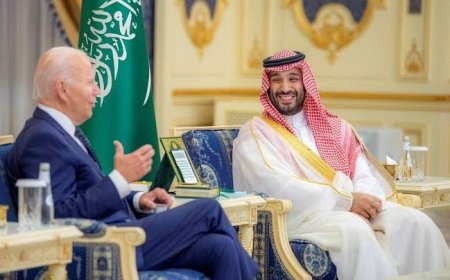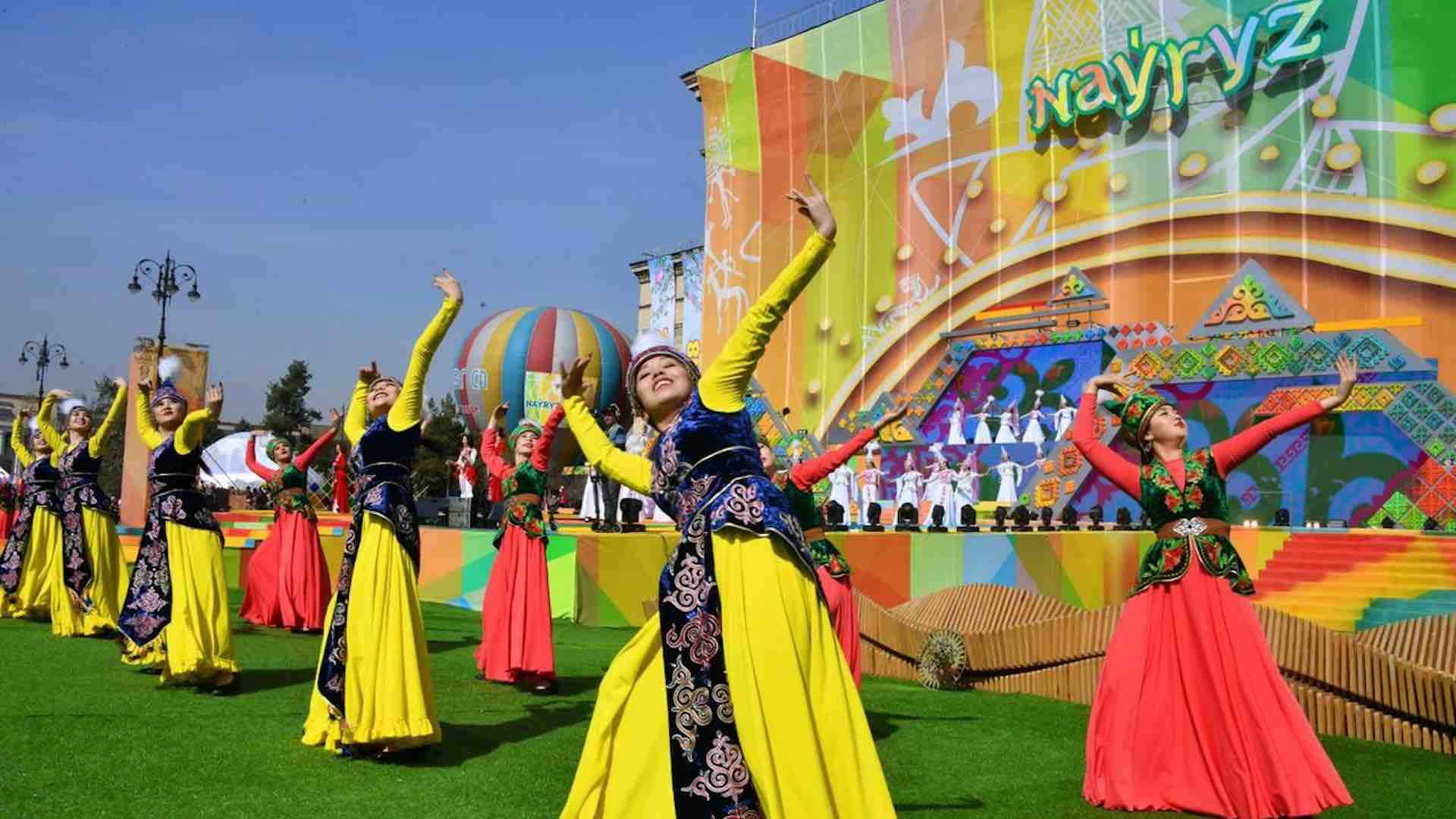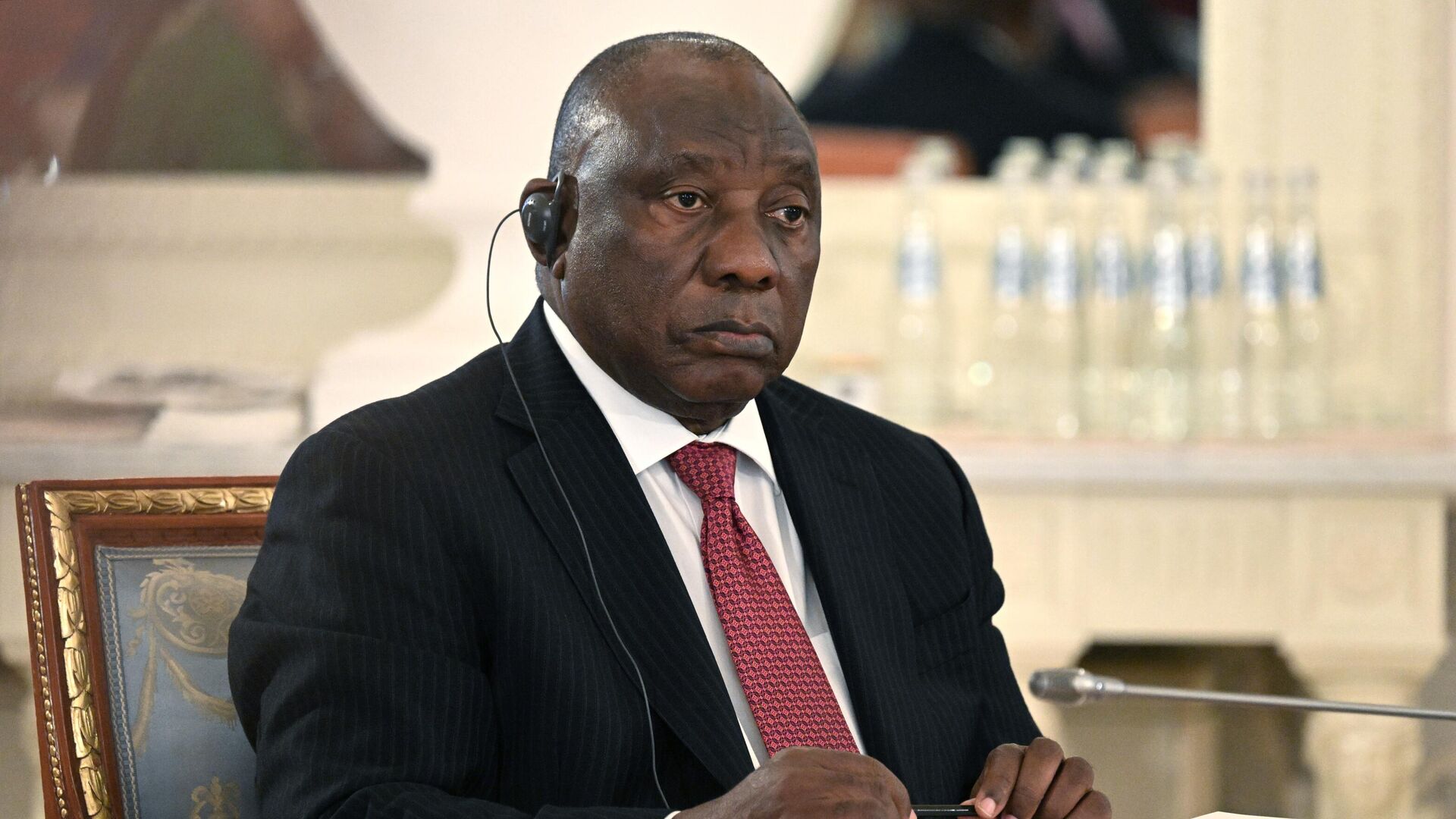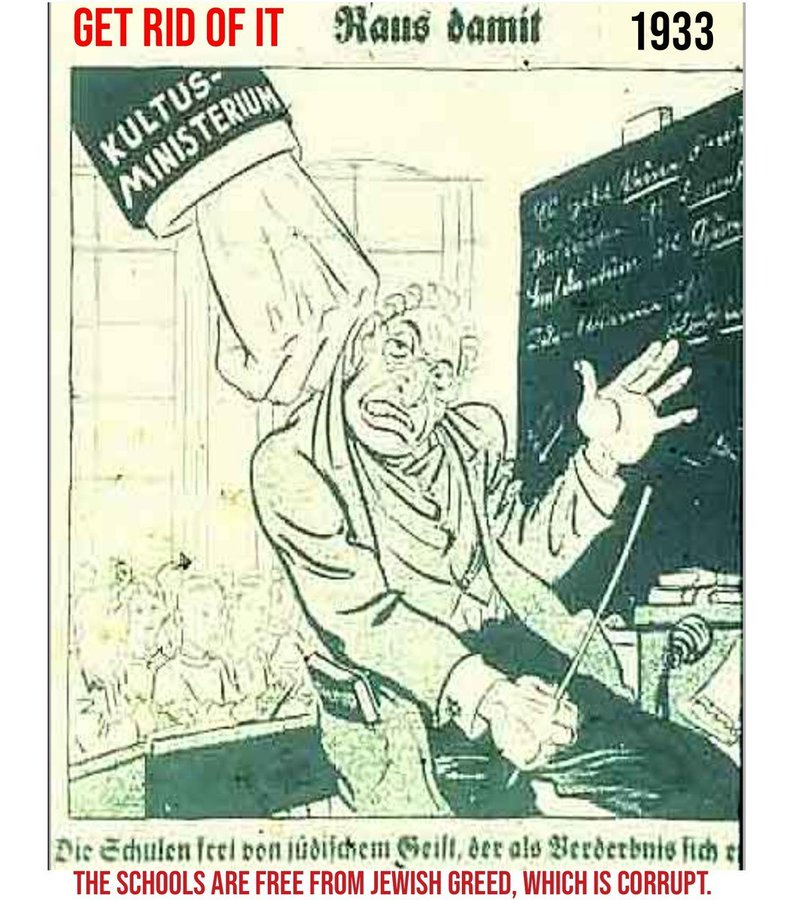Prince Moulay Hassan’s Refusal to Allow Hand Kissing: Tradition or Sign of Change?
A viral video of Morocco’s Crown Prince Moulay Hassan refusing to allow people to kiss his hand during traditional greetings has once again drawn public attention. This behavior has long been part of his mannerisms, with Western media interpreting it as a sign of humility or even a harbinger of change in the kingdom. However, the roots of this practice run deep in the family’s history.
The Gesture’s History: A Lesson from His Grandfather
The habit of withdrawing one’s hand from kisses is not new to Morocco’s royal family. In his memoirs published in 1976, Moulay Hassan’s grandfather, King Hassan II, recounted a lesson he learned from his own father, Sultan Mohammed V:
“I saw you crossing the square and offering your hand for a kiss. It seemed you took pleasure in it. In the future, never forget to withdraw the hand that someone wishes to kiss. Affection for our family is spiritual and moral and cannot be expressed through a simple kiss.”
This advice, given in 1936, became a cornerstone of royal etiquette.
What Does It Mean?
-
Humility or a New Tradition?
Moulay Hassan’s gesture underscores respect for his people, avoiding actions that might appear as a display of superiority or power. -
Cultural Significance:
By rejecting hand-kissing, the prince highlights that respect for the monarchy in Morocco is based on moral and spiritual values, not outward displays of devotion. -
Modern Implications:
Western media sees this act as a symbol of potential changes, signaling a shift toward a more egalitarian relationship between the monarchy and its citizens.
Reactions and Interpretations
- In Morocco: The prince’s behavior is seen as a continuation of his family’s teachings and a sign of decorum.
- In the West: Many interpret this gesture as an indicator of reforms that the young heir might introduce in the future.
Conclusion
Moulay Hassan’s gesture is likely a continuation of a long-standing family tradition rather than a revolutionary act. However, his behavior could become a symbol for younger generations seeking to blend respect for tradition with a progressive approach to leadership.
The editorial board is not responsible for the content and accuracy of material taken, sent or obtained from other sources. The publication of such materials is for informational purposes only and does not imply automatic endorsement or approval of their content.



:focal(0.49:0.37):format(webp)/YXJ0aWNsZXMvaW1hZ2UvMjAyNS80LzIwMjIxMjAzLWdhZi11NTUtNzkwLmpwZw.webp?w=1920)





















